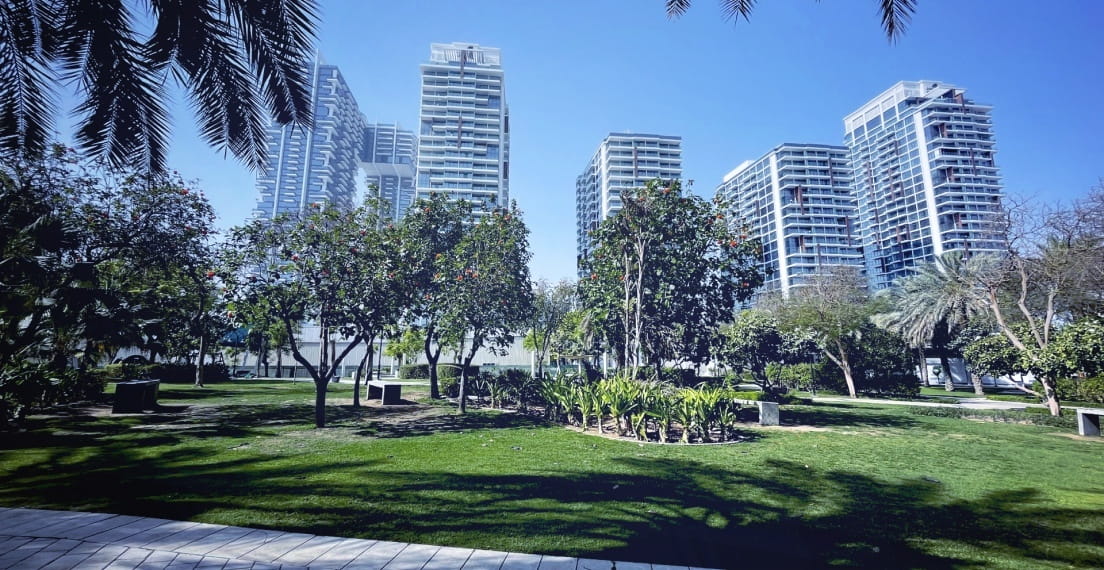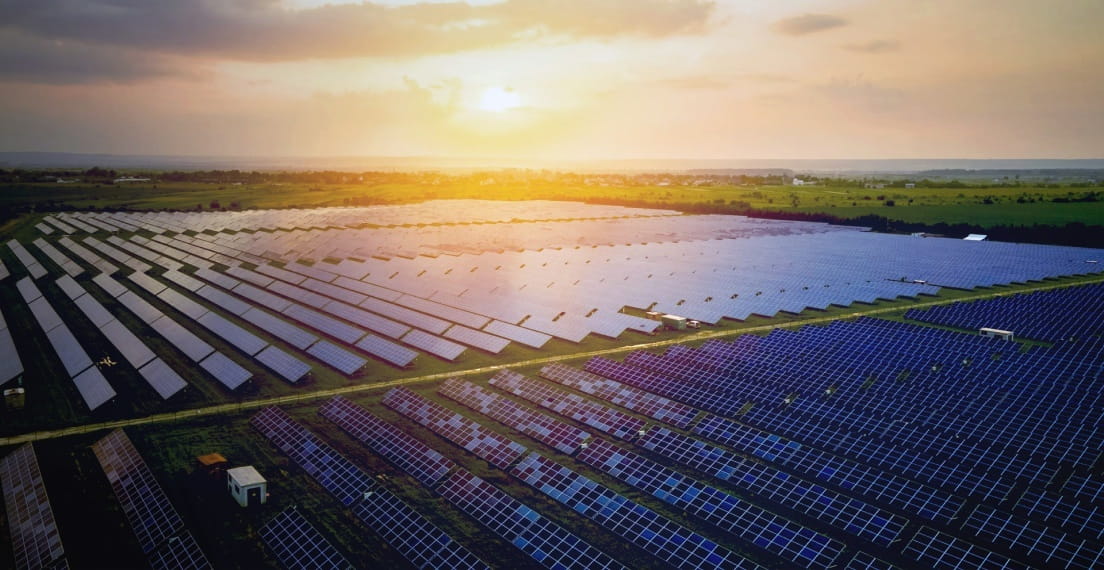We expect a ‘flash’ US economic slowdown, with that being a cue to buy risk assets. Stocks should bottom very soon afterwards, with limited downside. In bonds, good returns existing in short maturities (rather than in longer maturities) should reverse. Opportunities to beat deposit rates handsomely should present themselves.
Foreword
After such difficult markets last year, and in the face of still challenging geopolitics, global and regional asset allocators have to deploy cash and manage portfolios. This year’s GIO theme – ‘Heading into a New Cycle’ - embodies renewed optimism, as we see risk asset prices looking across the valley of what could be an ‘instant’ slowdown. Investors will need to be bold. Meanwhile, our region looks very resilient indeed, driven by successful industrial diversification, and reforms. The clients of FAB can benefit from the entire team of economists and investment professionals whose views have been brought together here. We wish you all the best in the markets this year, and stand ready to help provide the advice you need.
Crude Oil & Carbon Trading

Carbon Markets: An Introduction and Update
Carbon markets have progressed considerably over the last 25 years, and more recently in the MENA region. Solutions to reach emission targets include setting a price to pollute via carbon taxes, or the creation of markets where polluters buy carbon offsets from projects that remove or avoid emissions. Indeed much opportunity for carbon trading in the region exists in voluntary carbon offsets. FAB is now very much part of the fast-growing Abu Dhabi carbon ecosystem.

Oil Market Outlook
The oil market will continue to face both economic and geopolitical uncertainty. The limited spare production capacity, the low level of fuel product inventories, and tighter sanctions on Russia should provide support for crude prices. However, thoughts of global recession encourages a more cautious immediate outlook. Longer term the conclusion improves, given that despite some growth in green energy the world will still need hydrocarbons for many years to come.
Development in MENA & Egypt: Macro & Markets
Developed Markets Outlook

The Outlook for Global Developed Market Equities
The global environment continues to be challenging as we enter 2023. The markets are still contending with geopolitical and other issues. We believe, however, that the October market low of 2022 will hold. A sharp recession will likely arrive in the US, but a pivot in Fed rhetoric should save the day. Forecasts by analysts should see further downward revisions, with one more down-leg in markets before investors begin to discount the earnings recovery we expect in 2024

The Outlook for Global Developed Bond Markets
Currently, Fed funds futures discount a peak of 4.86% after the June 2023 meeting. We believe that in the immediate months to come, high yields at the short end should protect investors, helped by the fact that many IG bonds are trading at significant discounts to par. From about mid-year onwards the combination of income and price appreciation should provide good total returns. As rate expectations peak the outlook for the broad asset class should improve.



















